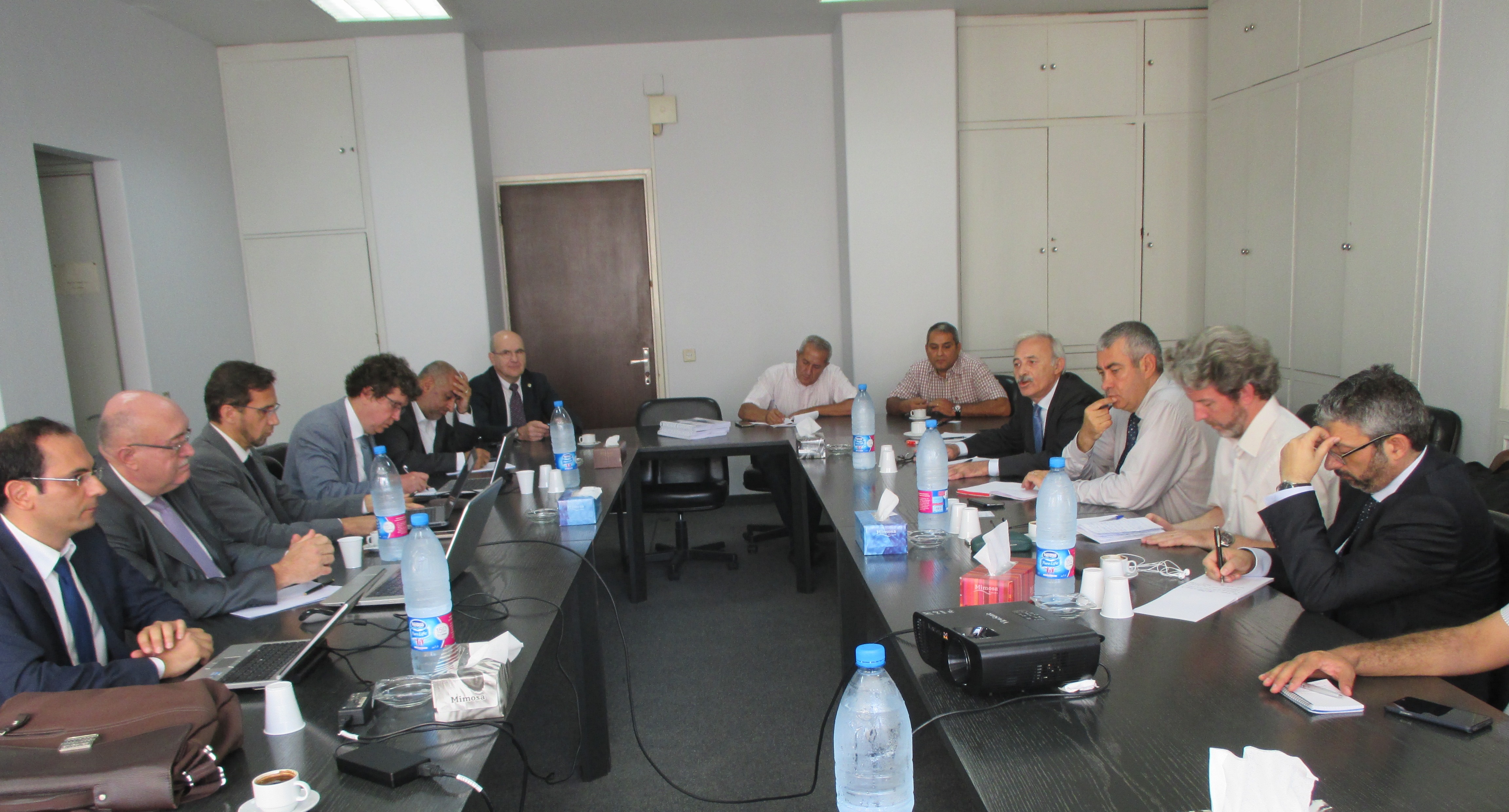Beirut – A massive push to railway infrastructure is currently underway to ease congestion in Lebanon. The country’s population density, around 430 inh/km², one million people (24% approximately, 1/4 of the total Lebanese population), are directly linked to the Beirut-Tripoli corridor, which is less than 100km long. Dissatisfaction of commute times increases exponentially with each minute after one way commute time is longer than 25 minutes, particularly on the Tabarja section of the A1 Motorway (a 10.3 km section highway from Beirut to Tripoli). Thus, a need for a reliable public transportation system is paramount.
The coastal railway line has been out of operation for several decades, prompting the Lebanese government to look into reconstructing the existing railway line with both passenger and freight trains. In 2014, the European Union granted EUR 2.0 million (USD 2.2 million) through the European Investment Bank (EIB) to study the Tripoli-Beirut railway reconstruction in two phases:
-Phase A: Feasibility study mainly focused on the Traffic, Concept Design and Environmental impact.
-Phase B: Preliminary design and tender documentation for the Beirut-Tabarja section.
By the end of 2014, the association led by the French company EGIS, made up of three bodies – EGIS Rail, EGIS International and GICOME respectively, was selected for this study. By early 2015, two commencement gatherings took place in Luxembourg at the EIB premises and Beirut at the Ministry of Transport (Directorate General of Land and Maritime Transport) premises consecutively.
Phase A is now finalized. The final steering committee meeting took place on the 30th of June and 1st of July for the presentation of the overall technical, financial and economic reports in the presence of the European Union, the European Investment Bank, DGLMT (Directorate General of Land and Maritime Transport), RPTA (Railway Public Transport Authority), CDR (Council of Development and Reconstruction ), and the consulting team.
Currently, a period of consultation has begun in order to review and launch the activities necessary for the complete tender documents required for the realization of the preferred railway option for the Beirut Tabarja section.

